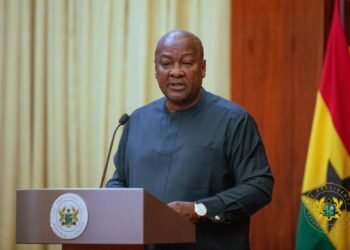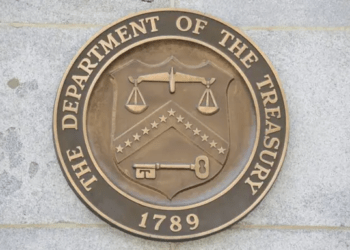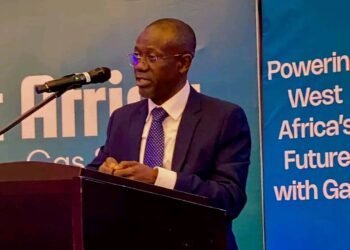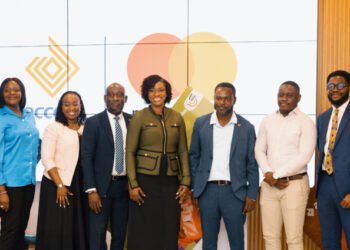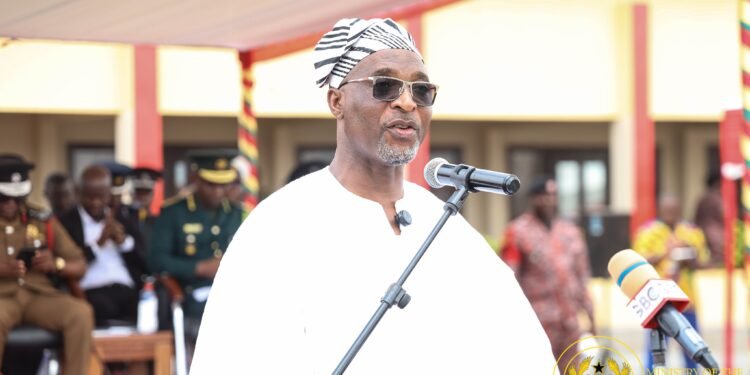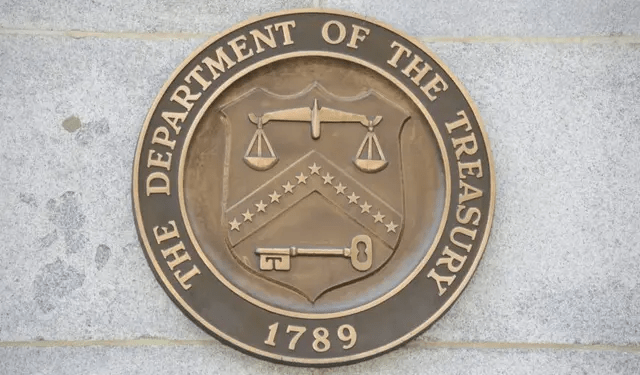The Ghana National Fire Service (GNFS) has called on the media to take greater responsibility in how fire emergencies and service responses are reported, warning that persistent misinformation is eroding public trust and placing lives at risk.
Divisional Officer Two (DO II) Desmond Ackah, Head of Public Relations at GNFS, urged journalists to do due diligence at fire scenes, verify claims by eyewitnesses, and avoid narratives that misrepresent the Service’s performance.
“Sometimes you get to the fire scene, and you care not to even find out who called the fire service. But they would rather tell you that, ‘oh, we’ve been calling them for hours, they’ve not been coming.’”
DO II Desmond Ackah, GNFS Head of PR
Speaking candidly about challenges faced by emergency responders, DO II Ackah said media reports often omit critical facts, choosing instead to frame the GNFS as unresponsive without confirming the circumstances.
He stressed that such one-sided accounts damage the GNFS’s reputation and discourage people from seeking help during emergencies. “The moment we begin to say that ‘the fire service is not serious,’ it demoralizes the confidence of the ordinary Ghanaian in us,” he warned.
The GNFS spokesperson encouraged journalists to actively interrogate claims made by victims or witnesses at fire scenes. He advised media professionals to ask for call logs and verify the numbers dialed. “We want you to be asking them, ‘Okay. Who called? Whose phone did you use to call? We want to see the call log.’”

DO II Ackah pointed out that many of the alleged delays arise from the public using incorrect emergency numbers. “Some will say they called us on 999 or on 333 – but these are not our emergency numbers,” he clarified. The GNFS emergency contact lines are 112 (national emergency) and 192 (fire service direct), and the public is urged to use only these for immediate response.
According to Ackah, prank calls and misinformation are taking a toll on emergency services. “Because of our own negative behavior towards the fire service, we tend to play pranks with these emergency lines,” he added, reiterating the damage such behavior causes in times of genuine need.
Fake Recruitment Alert
In a separate development, the GNFS has issued a public notice warning Ghanaians about fraudulent recruitment schemes making the rounds online.
“The attention of the Ghana National Fire Service has been drawn to a fake recruitment notice circulating online and on social media. Management wishes to emphatically state that GNFS is not conducting any recruitment exercise at this time”
GNFS
The Service emphasized that any official recruitment will be announced only after receiving government clearance. When such clearance is granted, official notices will be published in national newspapers, on the GNFS official website (www.gnfs.gov.gh), and on the Service’s verified social media platforms (@gnfsofficial).

“The public is strongly advised to disregard these fraudulent notices, avoid paying any money or purchasing e-vouchers, and report such activities to the law enforcement agencies for prompt action”
GNFS
DO II Ackah signed off the warning with a strong reminder that the GNFS remains committed to transparency and professionalism, especially in recruitment. He encouraged the public to remain vigilant and report suspicious activities directly to GNFS via 0302772446.
In both his public remarks and the official statement, DO II Ackah made it clear that the GNFS seeks not only to protect lives and property, but to strengthen its bond with the public and media through accountability and partnership.
“Please when you get a chance to go to fire scenes, do us good by questioning our accusers – people who always want to put us in the mud,” he appealed to journalists.
The GNFS hopes that by clarifying emergency response protocols and denouncing misinformation, it can rebuild public confidence and reduce loss during critical incidents. As DO II Ackah concluded, “This is not about image. It’s about saving lives. And that depends on all of us – especially those who tell the story.”
READ MORE: Ghana’s Energy Transition: Calls for Coordinated, Inclusive Strategy




